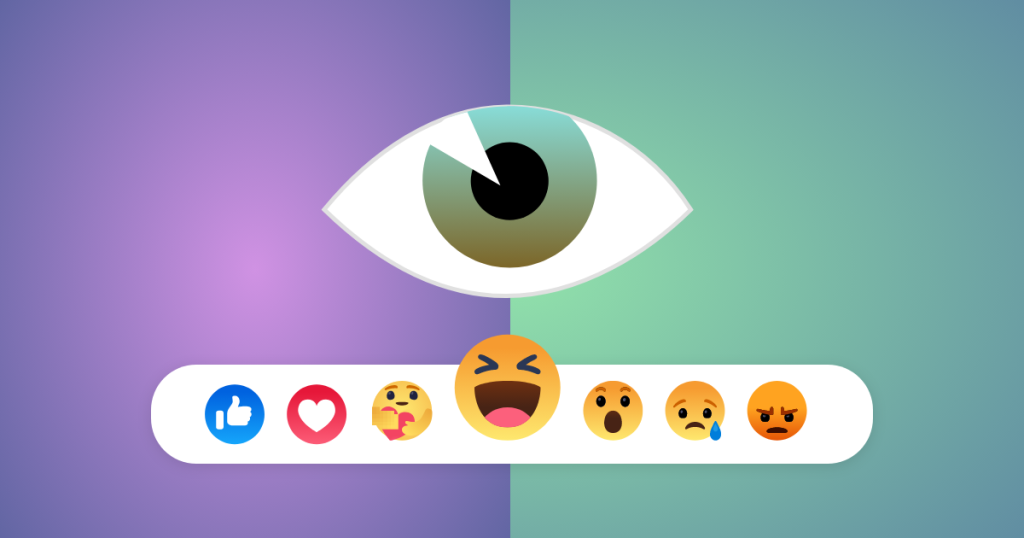Empathy — The non-secret ingredient we all want to grow (part 1)

Hello, I’m Iva Pérez. I’m the Experience Design team lead in Emakina, Belgium. I’ve always thought it’s good to introduce yourself when writing. It gives a sense of proximity and closeness, feelings that are closely related to empathy – the topic I’m about to share with you.
Think of this series of three articles as a special three-course meal, with a starter, main course, and delicious dessert, about a subject very close to my heart. Ps. I love food analogies!
Starter. What is empathy, and why is it so essential for businesses?
Special ingredient: The infinite game.
In simple words, empathy is the ability (skill) we all have, on different levels, to understand one another. Some people would say it is the ability to feel other people’s pain. But, at its core, it is about all the mechanisms that allow us to share our thoughts and feelings.
In the field of neuroscience, empathy is divided into three separate skills supported by different brain mechanisms(1) :
- Empathy on the level of thoughts, understanding what another person is thinking, putting yourself in another person’s shoes or another person’s brain. This happens thanks to the active mentalising network in our brain when we think about our own thoughts, think about future plans or, the thoughts of others.
- Empathy on the level of feelings, feeling what another person is feeling. We can experience another person’s emotions as if they were our own because emotions are contagious –whether positive or negative. Several studies show that the same brain areas that are active when you get hurt get active when you see someone you care about getting hurt. Our pain is the same as their pain when our brains don’t create a division between them and ourselves.
- Empathy on the level of actions, meaning what you do based on this previous information, having the ability to put yourself in another person’s shoes and feel what they are feeling. This consequence exists because we have brain mechanisms that make helping others very rewarding. We, as humans, can feel pleasure in helping others – especially if we have a bond with them, e.g., friends.
These three skills always leave me in AWE. We are such incredible creatures.
And you might be thinking, great, we have these abilities we can cultivate and grow, but Iva, why and how are they relevant in business?
The why is very easy to explain and requires openness to accept and do something about it.
Why is it so important to be empathic in business?
Humans go through some challenges or problems that a single person can not solve alone. It requires cooperation and collective intelligence. And cultivating empathy allows us to collaborate effectively, helping us to get better results for our company, team, and individuals involved.
Yes, empathy is a business skill that will help you be more effective with and through people.
Think about space. Putting a rover in space or sending people to Mars is not a one-man-alone mission; it requires more than one brain to achieve that. Therefore, if we want to achieve big things, we need to collaborate and bring our intelligence power together. One mind is not enough for some challenges. Collective intelligence is the best problem-solving tool we have as humans, with empathy is at its core.
So, I dare to say that business-wise, if you want to thrive in the future and stay in the game, you need to nurture this skill as well. That phrase says it all, right? You want to stay in the (business) game.
Simon Sinek explained this brilliantly in his book, The Infinite Game. There are two types of games in game theory: finite games with known players and defined rules agree upon by the players, with a winner and a loser. And then there are infinite games, with known and unknown players, undefined (changeable) rules, players that drop out when their will to play is over or they have no more resources. Here, the main objective is to keep the game in play (perpetuate the game).
Business is an infinite game. There are no winners or losers. You can’t control the competition, and there are no rules, because we haven’t agreed on any. We are sometimes ahead, sometimes behind, with the main goal to stay in the game.
The system is stable when finite players play against each other (tennis, football, basketball, among others) where players agree upon the rules. The same goes with infinite players: the system is stable because there are no winners or losers. We haven’t agreed on the rules, criteria, standards, so you’re neither in nor out.
It is a fake reality to be called number one in business because no-one in the game has agreed to any rule, so it is arbitrary to claim that. Companies that understand the game organise their resources and decision-making process to stay in the game and to outlast and frustrate their competitors.
How do they do that?
Having a clear view of why they do what they do, a clear purpose (as a business), and people aligned with that purpose. People who want to do what they do, better, every day. People who reflect and act: how can I do it better? How can we be more effective in our purpose? But most significantly, how can we take better care of our customers? What problems do they have? How can we help them?
The answer to the previous questions will probably be a challenge no-one can face alone. That is why it is vital to have this shared mindset, so everyone collaborates in the same direction.
What can empathy do for your business?
Knowing its essence relies on seeing, hearing, and doing something about other people’s needs. It will help you stay in the game and make a difference. In traditional business jargon:
#1. Create customers and increase sales, loyalty and referrals = stay in the game
#2. Accelerate innovation and increase effectiveness, solving the most meaningful problems for your customers = make a difference
#3. Expand engagement outside and inside your organisation = create your tribe (fans).
Beyond #1, which can be interpreted as making a sustainable profit, necessary to keep a healthy and productive structure, a good business also needs to provide a space to develop employees’ full potential.
Imagine your human talent is less motivated, less open, less connected, less flexible, less willing to share information, energy, ideas, less open to working towards a shared purpose, and more risk-averse. In that case, your business will be getting ready to drop out of the game.
When most of us are working remotely nowadays, having a physical disconnection of not being able to mirror our thoughts and feelings, empathy becomes a must-have to make any business thrive.
In the following article, I’ll talk about growing our empathy skills.
(1) Extract from TEDx Talks Empathy in the digital age by scientist Katri Saarikivi from the Cognitive Brain Research Unit of the University of Helsinki, specialising in the interaction of brain functions.
Our recent blog posts
See all blogs-
How is AI’s synthetic data enhancing User Experience Research? Technology

-
Web3.AI Rising : How new technology can add value to your business

-
How generative AI helped us create an e-commerce app – with personalised content – in just 2 weeks Technology

-
Can you build a foodie app in 3 days using Generative AI? (Spoiler alert: yes!)

